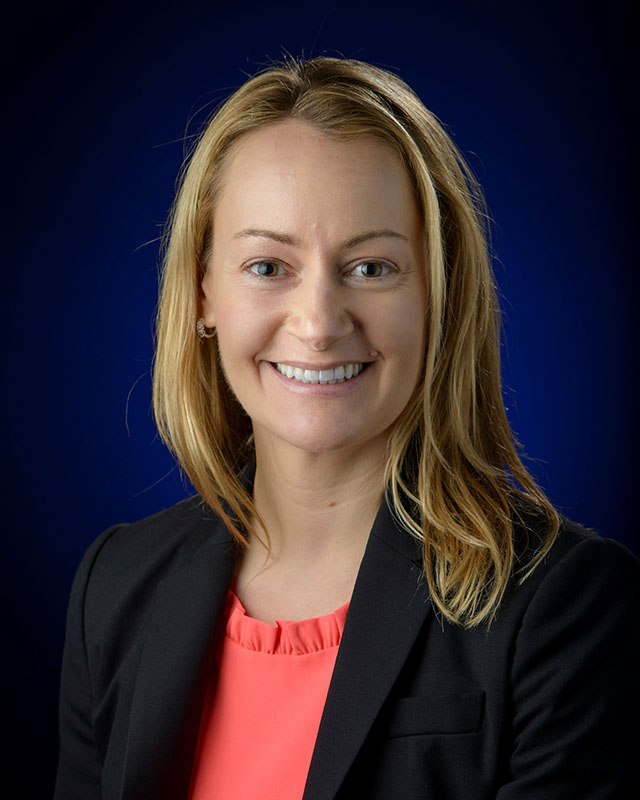Erica Rodgers

Dr. Erica Rodgers serves as the Associate Director for National Security Space at the University of Colorado's Center for National Security Initiatives, where she provides strategic vision, programmatic leadership, and operational oversight. She is a senior space strategy and technology leader with experience across government, industry, and academia.
Most recently, Dr. Rodgers served as Director of Advanced Programs for NASA's Office of Technology, Policy, and Strategy, where she was a founding leader of the agency's strategic analysis capability. In this role, she helped shape U.S. strategic direction for space missions, delivering more than 75 high-impact analyses that informed lunar science and exploration, commercialization of the International Space Station, and international space norms through the Artemis Accords. Previously, she led interagency technology partnerships across the U.S. government advancing critical capabilities in autonomy, cyber resilience, and in-space servicing, assembly, and manufacturing through NASA's Office of the Chief Technologist.
Dr. Rodgers brings over 25 years of expertise in spaceflight mission execution and operations, space science research and instrument development, systems engineering, space mission concept design, and human exploration architecture analysis. Her career includes managing satellite operations at a semi-remote NOAA tracking station in Alaska for Lockheed Martin; systems engineering for DoD programs at Spectrum Astro; scientific research and engineering at the Space Science Institute, the Geophysical Institute, and the Laboratory for Atmospheric and Space Physics; and teaching astronomy and astrophysics at several colleges and universities.
She serves as Vice Chair on the Board of Directors for the Space Science Institute and on strategic advisory boards for the Aerospace Engineering Sciences Department at the University of Colorado and for the Center for Space Science and Engineering Research at Virginia Tech. Dr. Rodgers earned her Ph.D. in space physics from the University of Alaska Fairbanks and her B.S. and M.S. in aerospace engineering from the University of Colorado at Boulder.
